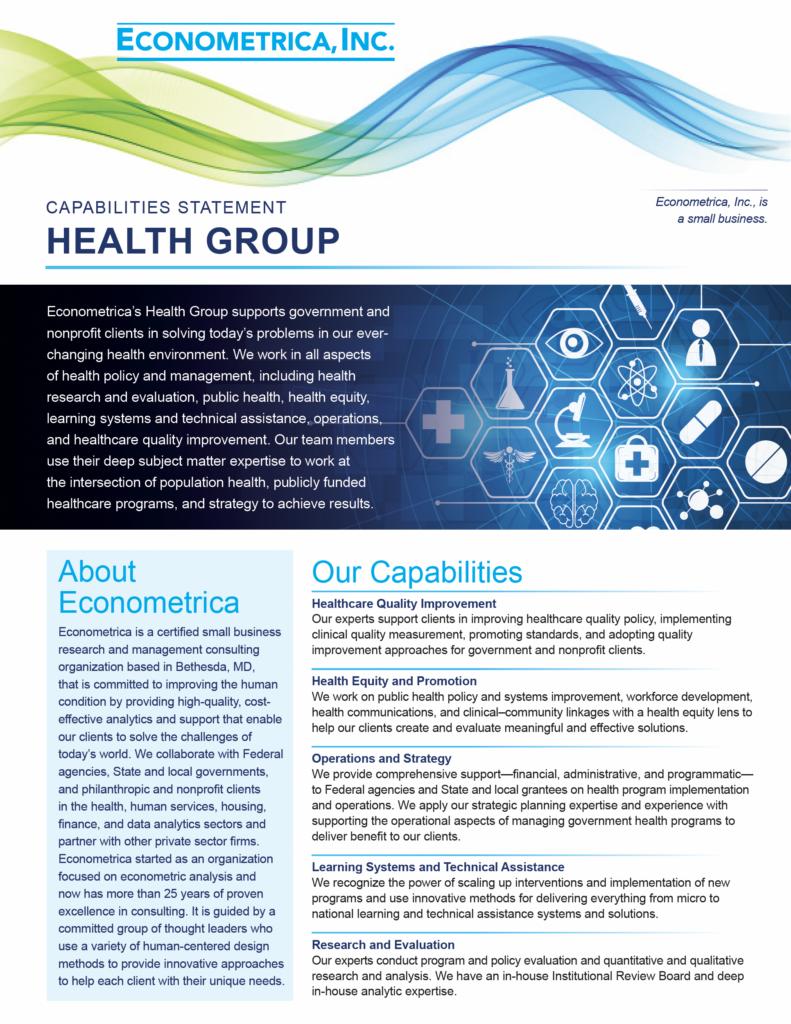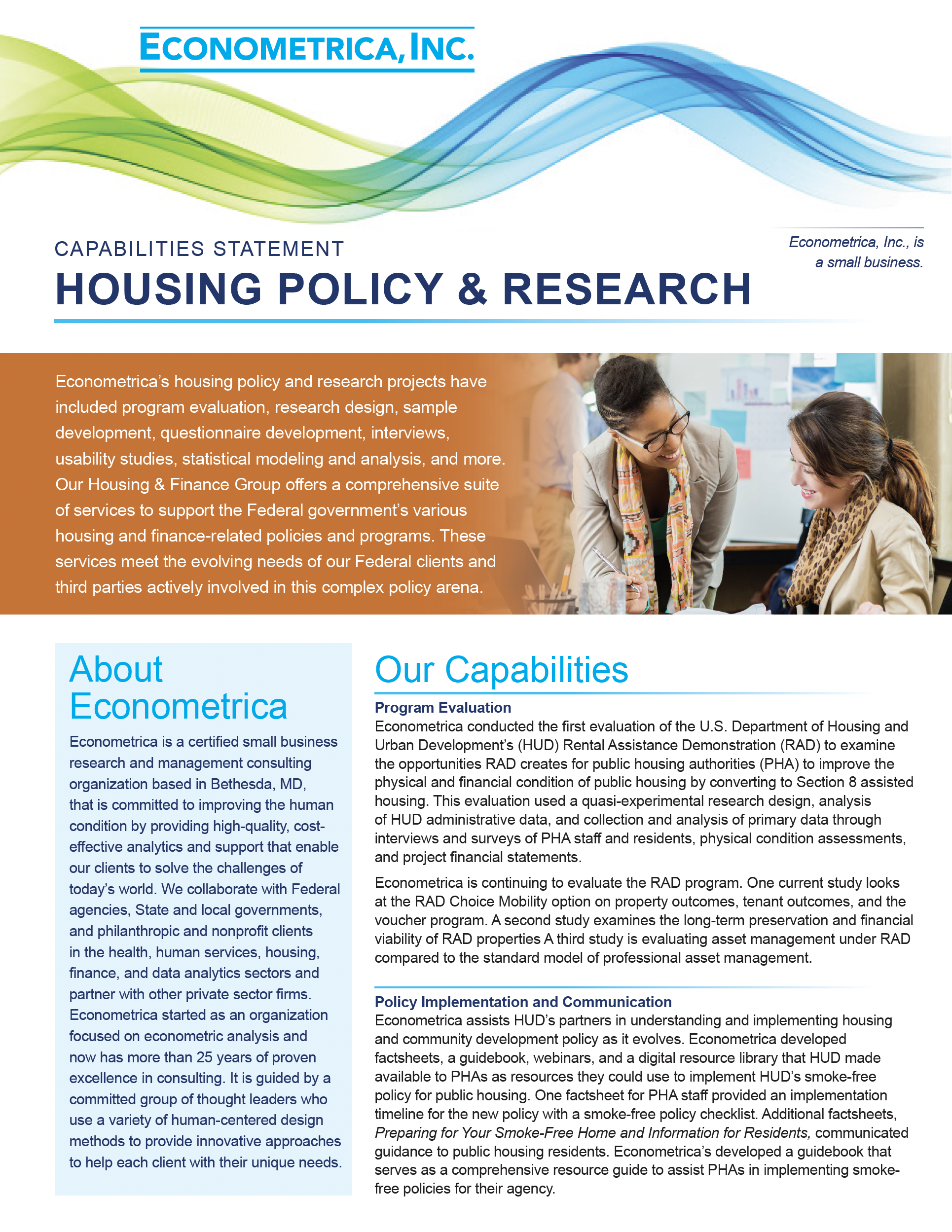January is National Poverty in America Awareness Month
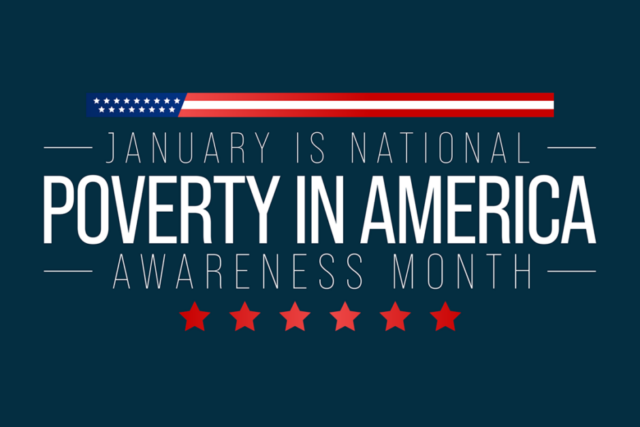
January is National Poverty in America Awareness Month, which aims to call attention to the growth of poverty in America. The COVID-19 pandemic had exacerbated the issue for families and communities nationwide.
Poverty is a complex social issue; it can manifest in hunger and malnutrition, limited access to education and other basic services, disabilities, and social discrimination and exclusion, among other ways. People living in poverty having an increased risk of chronic conditions, lower life expectancy, and barriers to receiving quality healthcare.
According to the Centers for Medicare & Medicaid Services’ (CMS) Office of Minority Health (OMH), 37.2 million Americans live in poverty, which is an increase of 3.3 million people since 2019. OMH also notes that in 2020, racial and ethnic minorities continued to be disproportionately affected by poverty, with the rates of poverty among Black (19.5%) and Hispanic (17%) Americans more than twice that of White Americans (8.2%).
CMS offers a number of resources to help learn how to access health coverage, manage health care costs, and fully utilize benefits. For more information, visit https://www.cms.gov/About-CMS/Agency-Information/OMH/equity-initiatives/health-observances.
The Alliance for Strong Families and Communities also provides resources to combat poverty.
Work With Us, Work for Us
Econometrica specializes in research and management across numerous industries in both the public and private sectors. We are always looking to hire the best and brightest in data science, health, grants management, energy, homeland security, housing and community development, capital markets and finance, and transportation. We work as the lead service provider, and also as a capable outsource partner to other consultancies. To work with us on your next project, visit us online and email a member of our executive staff in your preferred specialty. To explore the benefits of working for us, visit our careers page.

 Policymakers need reliable data to develop tools and strategies to effectively combat the nation’s eviction epidemic, according to a report exploring the prevalence and impact of evictions.
Policymakers need reliable data to develop tools and strategies to effectively combat the nation’s eviction epidemic, according to a report exploring the prevalence and impact of evictions.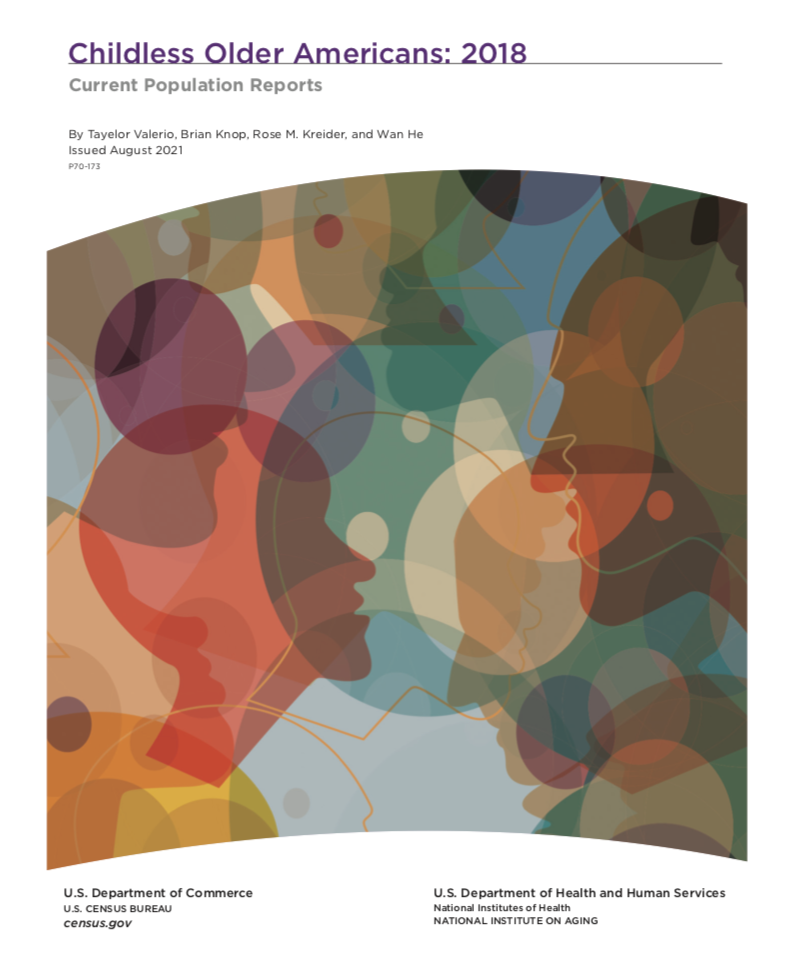
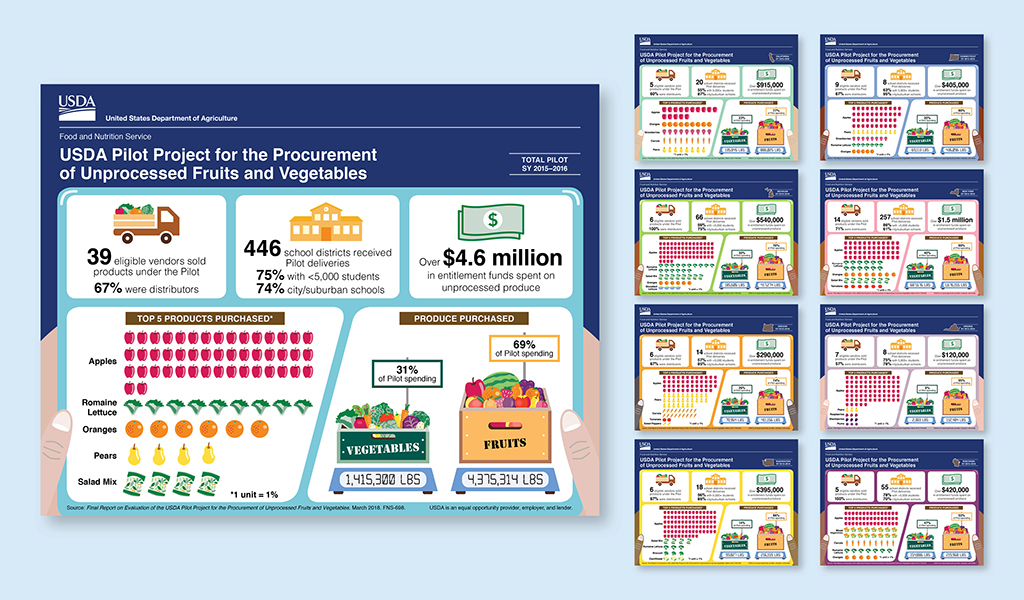

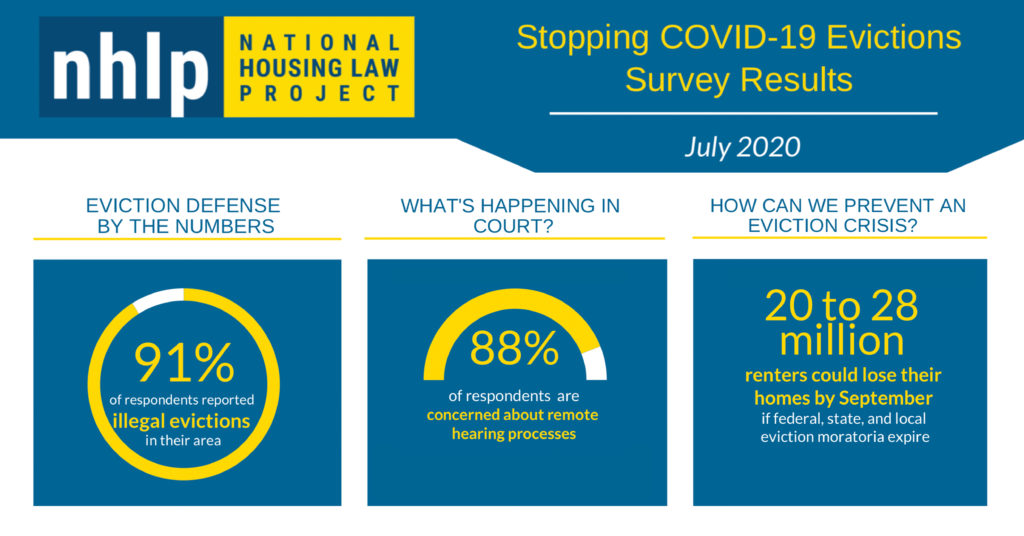 Rising eviction cases, more illegal evictions and lockouts, and judges ignoring or inconsistently applying federal and state law are some of the problems a new survey identifies since the end of the federal eviction moratorium.
Rising eviction cases, more illegal evictions and lockouts, and judges ignoring or inconsistently applying federal and state law are some of the problems a new survey identifies since the end of the federal eviction moratorium.